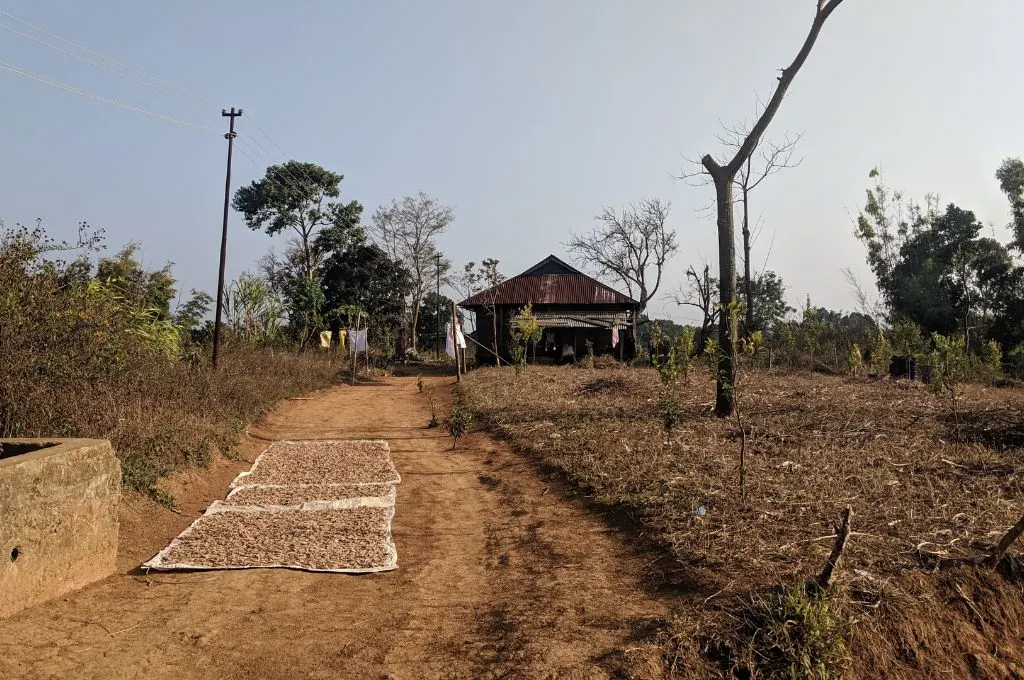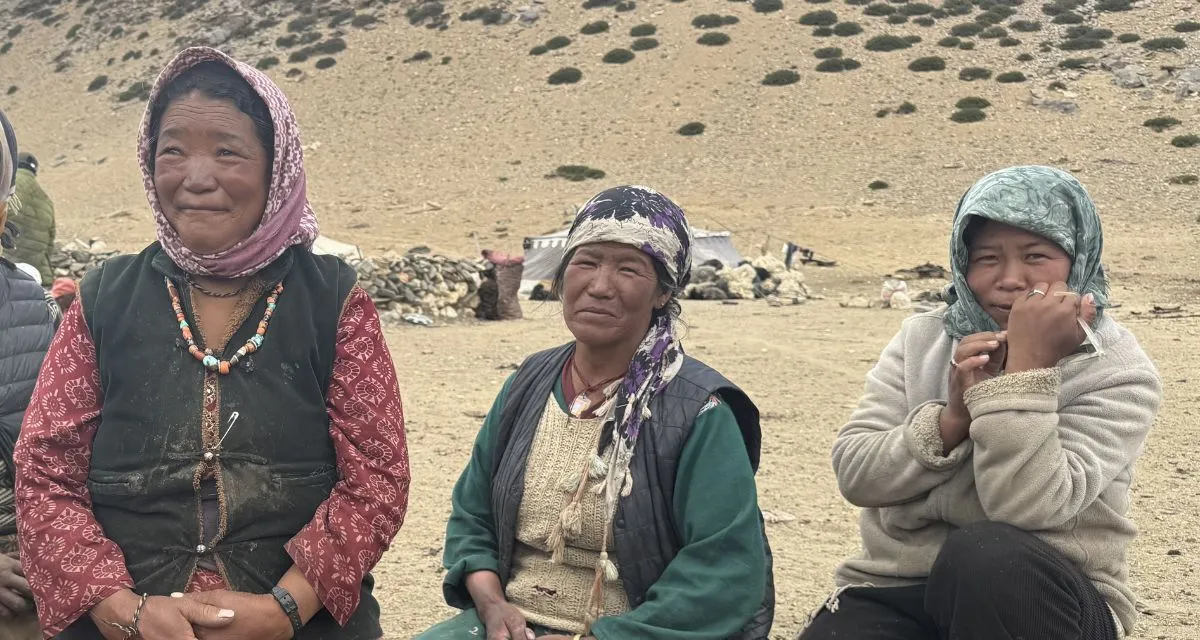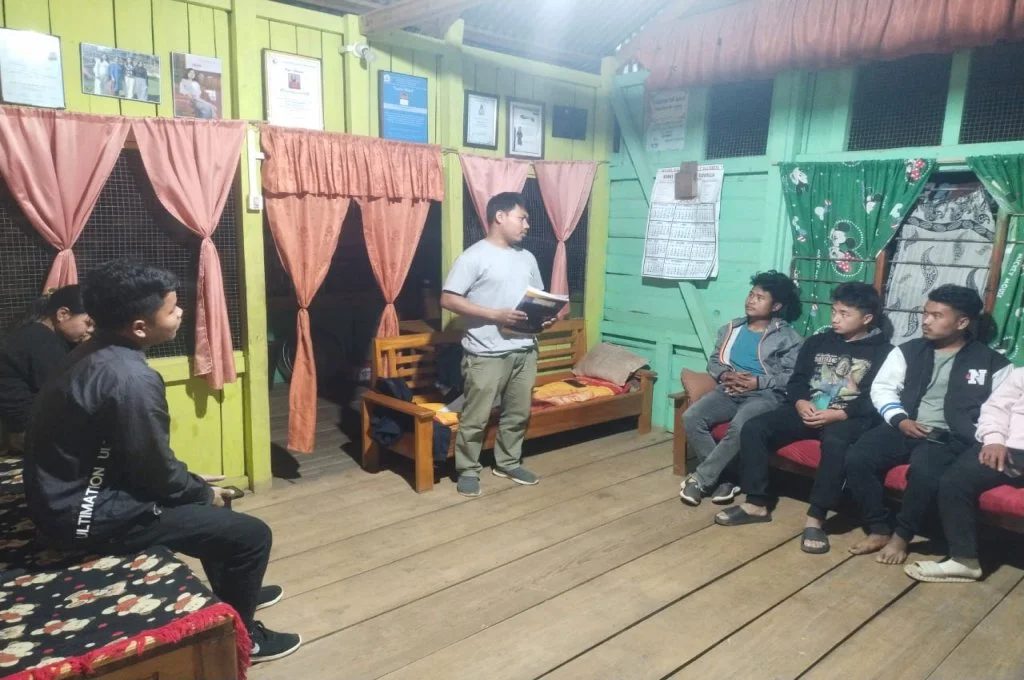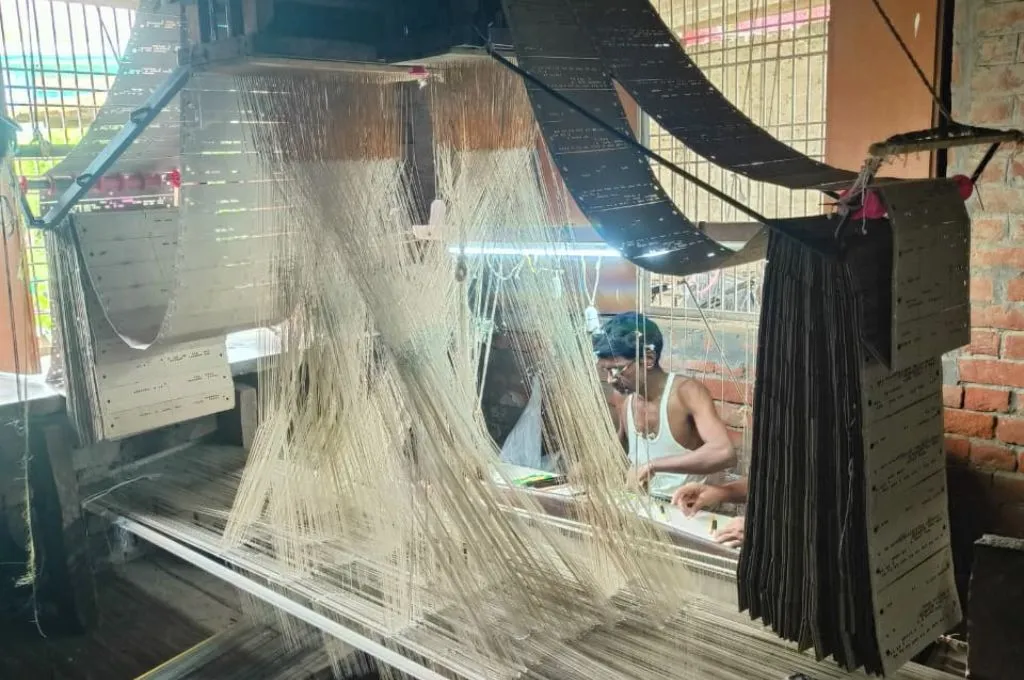City of dreams: Rural youth recreate their identities in the city
In the small village of Lachhakadi in Vansda block of Navsari district, Gujarat, Tarun Kumar Mahla travels 90 km to the industrial town of Vapi in Valsad district of Gujarat to earn an income of INR 10,000 per month for a 10-hour workday. He visits his family in Lachhakadi every Sunday, and takes the first bus on Monday to report back to his factory. Contrary to popular belief within the social sector, this migration is voluntary. Tarun’s family makes approximately INR 6 lakh per annum by selling kalam mango saplings, and earn an additional income from the sale of mangoes, vegetables, and cereal crops. Despite the relative prosperity and comfort of his home, Tarun chooses the industrial town life because—in his words—it gives him the exposure and freedom that he yearns for.
“Village life is slow-paced. Although I sometimes miss my family, Vapi offers a lot more opportunities. I share a flat with my cousin there. If we ever have spare time, we take our bike to the movie theatre or the mall, or just cook noodles. But in the village, we have limited options. Even professionally, I will soon get a bonus of INR 2,000 from the factory.” He jokingly adds, “After working in Vapi, I don’t think my body is made for the agriculture work here.”
Harshitaben Javulu Pawar* works as a nurse at a hospital in Vapi. After completing the general nursery and midwifery (GNM) course in 2019, she has been living in Vapi and visiting home only once every two months. This job is empowering for her as she hails from a particularly vulnerable tribal group (PVTG) of Gangpur village, adjacent to Lachhakadi. The PVTGs are traditionally treated as outcasts among the scheduled tribes. Her family sustains itself by practising bamboo crafts and working in the farms of the upper-caste tribals. They earn INR 200 for a day’s work during the harvest and sowing seasons (working for an average of 45 days a year). While working as a nurse in the industrial town, her identity as a PVTG gives way to her identity as a nurse, she remarks. She credits her newly acquired identity to her hard work and education.

“It’s liberating to work in a town. You can attest to how we are treated in the village. We are part of this village, but exist on the peripheries [both geographically and socially]. We work in their fields but have to enter their homes from the back doors to collect our own money. However, here in the hospital, a majority of my patients are unaware of my caste, and those who are cannot afford to care. My identity as a nurse is the only one that matters. Even my family and I are treated a bit better in the village since I became a nurse in Vapi. Some scorn at our improved conditions, but I ignore them.”
Many in the social sector believe that rural India migrates to urban India involuntarily due to financial destitution. While this is partially true, there are layers to it. These layers depend on a myriad of factors: the home-state; the condition of public or private education, and accessibility to the same; the role played by the education system in shaping aspirations; access and usage of the internet; impressionability of minds that are consuming social media content; and social factors such as caste, gender, and religion.
*Name changed to maintain confidentiality.
Lavanya B is a social impact sector professional working with farmer producer organisations, and on issues of women’s sexual and reproductive health and rights. She is a SBI Youth for India Fellow, a content partner for #groundupstories on IDR.
—
Know more: Read how a migrant worker started a self-help group during the pandemic-induced lockdowns.
Do more: Connect with Lavanya at lavanyabala250700@gmail.com to learn more about and support her work.





